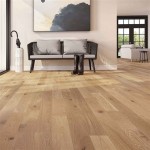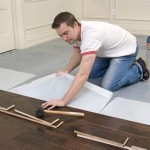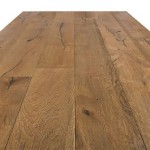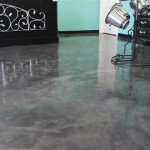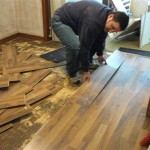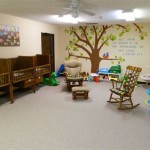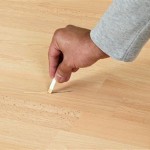Essential Aspects of Non-Slip Flooring: A Comprehensive Guide
Non-slip flooring is an essential safety feature for any indoor or outdoor space that requires optimum traction. It helps prevent accidents and injuries by reducing the risk of slips and falls, particularly in areas prone to moisture, spills, or heavy foot traffic.
Types of Non-Slip Flooring
There are various types of non-slip flooring materials, each with its unique benefits and applications:
- Rubber Flooring: Durable and water-resistant, suitable for outdoor areas, kitchens, and garage floors.
- Ceramic Tiles: Hardwearing and slip-resistant, ideal for bathrooms, showers, and commercial kitchens.
- Epoxy Flooring: A seamless and customizable option, providing high traction in industrial and manufacturing settings.
- Safety Mats: Temporary and easy-to-install, suitable for areas with occasional slippery conditions.
Choosing the Right Non-Slip Flooring
Selecting the appropriate non-slip flooring for your space depends on several factors:
- Intended Use: Consider the type of activity and foot traffic the area will experience.
- Moisture Resistance: Opt for materials that can withstand water exposure in wet areas.
- Durability: Choose materials that are resistant to wear and tear for high-traffic areas.
- Comfort: If the flooring will be used for extended periods, consider materials that provide ergonomic support.
- Aesthetic Appeal: Ensure the flooring complements the overall design and style of the space.
Installation and Maintenance
Proper installation and maintenance are crucial for the longevity and effectiveness of non-slip flooring:
- Professional Installation: Enlist the services of qualified installers to ensure proper preparation and adherence.
- Regular Cleaning: Sweep or vacuum regularly to remove dirt and debris that can reduce traction.
- Avoid Abrasive Cleaners: Use mild cleaning solutions and avoid harsh chemicals that can damage the non-slip surface.
- Inspect Regularly: Check the flooring for any wear or damage that may compromise its slip-resistance.
Benefits of Non-Slip Flooring
Investing in non-slip flooring offers numerous benefits:
- Improved Safety: Reduces the risk of slips and falls, enhancing overall safety.
- Increased Accessibility: Facilitates movement for people with mobility disabilities.
- Reduced Maintenance Costs: Prevents costly repairs caused by slips and falls.
- Improved Productivity: Promotes a safer and more efficient work environment.
- Legal Compliance: Meets building codes and regulations for slip resistance in public areas.
Conclusion
Non-slip flooring is an essential safety feature that can significantly reduce the risk of accidents and injuries in indoor and outdoor spaces. By choosing the right material for your specific needs and ensuring proper installation and maintenance, you can create a safer and more accessible environment that meets building codes and enhances overall well-being.

Non Slip Flooring Floors Functional Floor Systems

What Is The Best Non Slip Flooring Smart Concrete Coatings

Altro Non Slip Safety Floor Heavy Duty Vinyl Commercial Kitchen Flooring R10

Gastronomy Kitchen Anti Slip Flooring With Swissgrip

Tuff N Lastic Anti Slip Flooring The Rubber Experts

Non Slip Flooring Paint For Ion Areas Hard Dry In 40 Mins

Non Slip Flooring Real World Epoxies

Gastronomy Kitchen Anti Slip Flooring With Swissgrip

Benefits Of Using Commercial Non Slip Flooring

Rubber Matting Flooring Rolls Non Slip Durable Tiles Floor
Related Posts

